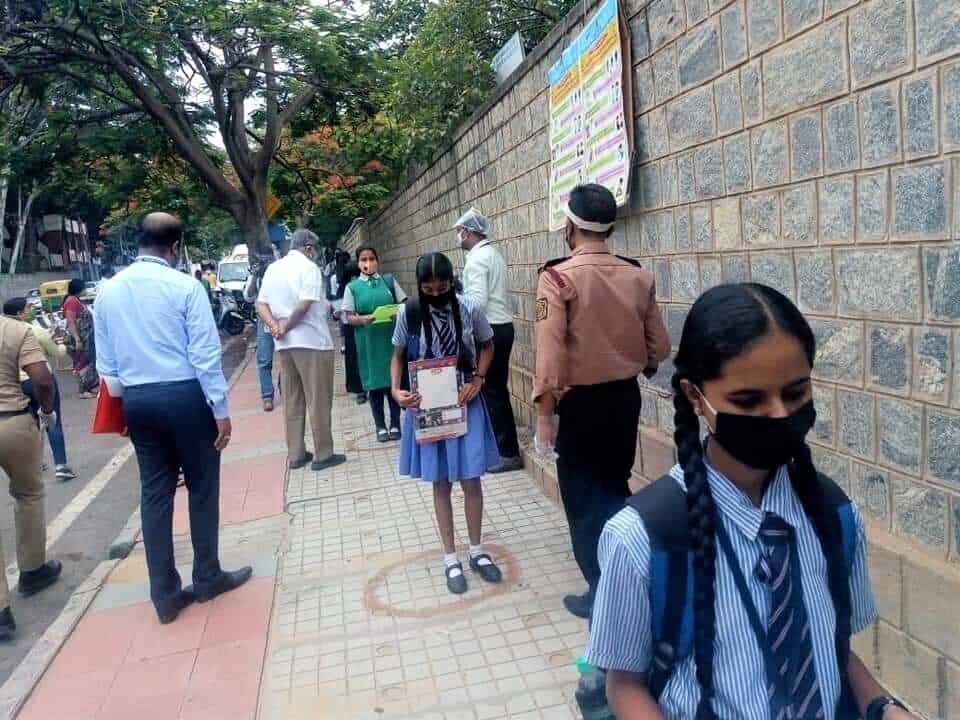The upwardly mobile Indian middle-classes are willing to pay more for private school education for their children. By how much though, has long been a matter of contention between them and private school managements. Lower and middle-income families, for whom their children’s annual school fees — like house-rent — is a substantial portion of their income, find it beyond their means. Even if they may not have fought it, most of them have complaints against the existing fee structure.
COVID-19 brought them to the streets.
At best, the pandemic left many with income-cuts. At worst, they lost their jobs. With little or no earning, school fees became a bigger burden than usual.
Initially in March and April 2020, when no one knew how long the pandemic would last, institutions were flexible. They delayed exams, results, promoted students, gave concessions, allowed late payment of fees and so on.
Schools even began the new academic year and pushed through, almost entirely with online classes. They did not reduce fees, but some of them gave a few students concessions by ways of extending deadlines for payment.
Read more: Reduced syllabus not enough help for govt school students
Also, the Karnataka Government directed schools not to force parents to pay up. While some schools were understanding, there were also cases where schools stopped students from attending online classes or writing exams because they had not paid the fees.

As parents stepped up their protests, the government came to their rescue. It directed private school managements to collect not more than 70% of the tuition fee that was charged in the previous year.
It was the turn of the private school managements to protest. They contended that the pandemic had affected schools as much as it had affected the economy and other businesses. Any reduction of fees would make it unviable to run private institutions, they said, citing staff salaries, maintenance costs, outstanding loans for land and construction and the like, as reasons to charge full fees.
Meanwhile, thousands of teaching staff have joined school managements to protest the government’s 30% concession to parents.
With parents on the one side and school managements on the other, both holding on to diametrically opposite view-points, there is now a deadlock. Both sides have their share of fair arguments. After all, the pandemic has affected every sector and every individual.
Read more: Access to schooling: Will 2021 further deepen the divide?
While all eyes are on the State government to resolve the impasse, students whose education, careers, futures are at stake, could be the unintended victims in this imbroglio.
What can be done to save the situation? How can both parents and schools get a fair deal? And, importantly, what’s the role of the State in ensuring that children’s education does not suffer?
Citizen Matters is organising a panel discussion titled “Breaking the school-fee deadlock”. We will be bringing school managements, parents, teachers, and government to deliberate a way forward and end the impasse.
Panel Discussion
Date: March 5, 2021.
Time: 6.30 pm.
To register: bit.ly/bengaluruschoolfees
We are also conducting a small survey to collect information for a more informed debate. Please spare a few minutes to add your inputs. Click here to take the survey.